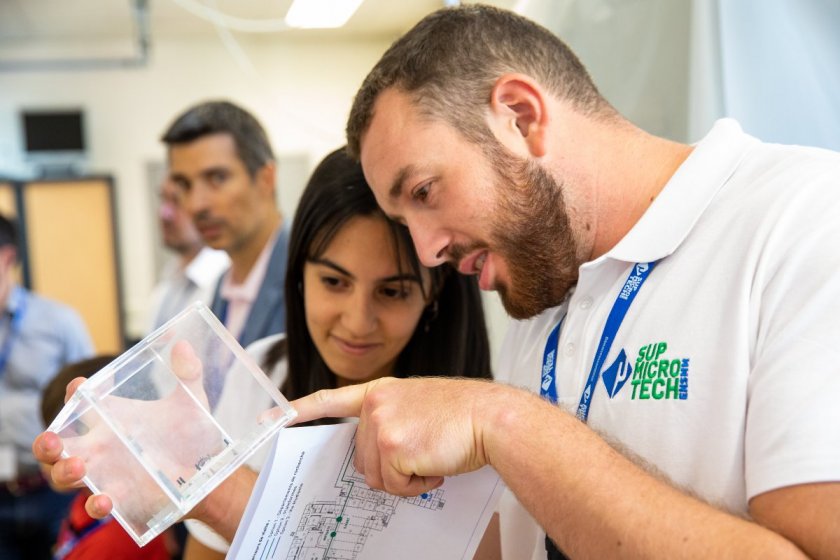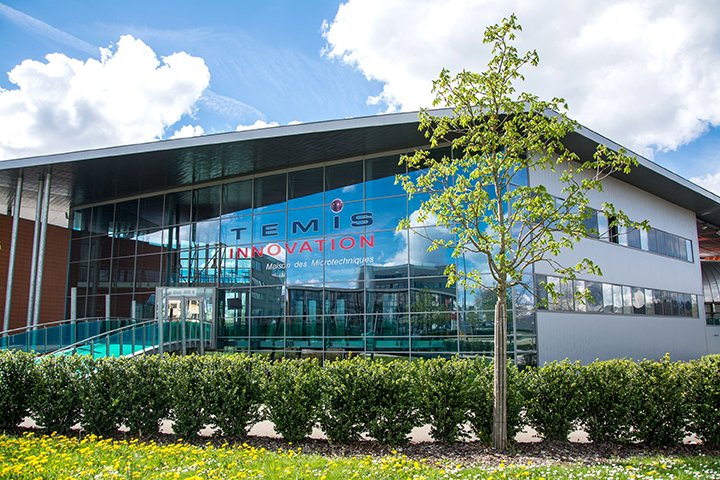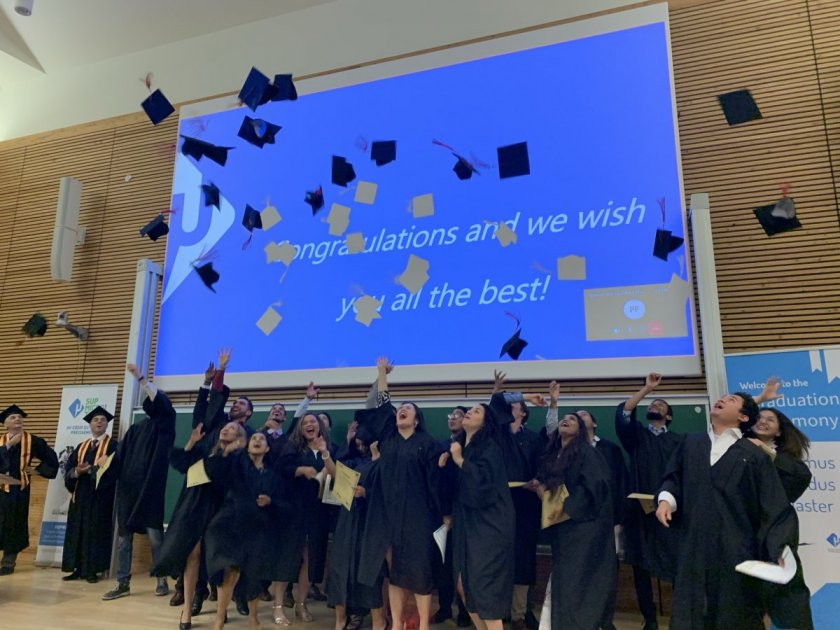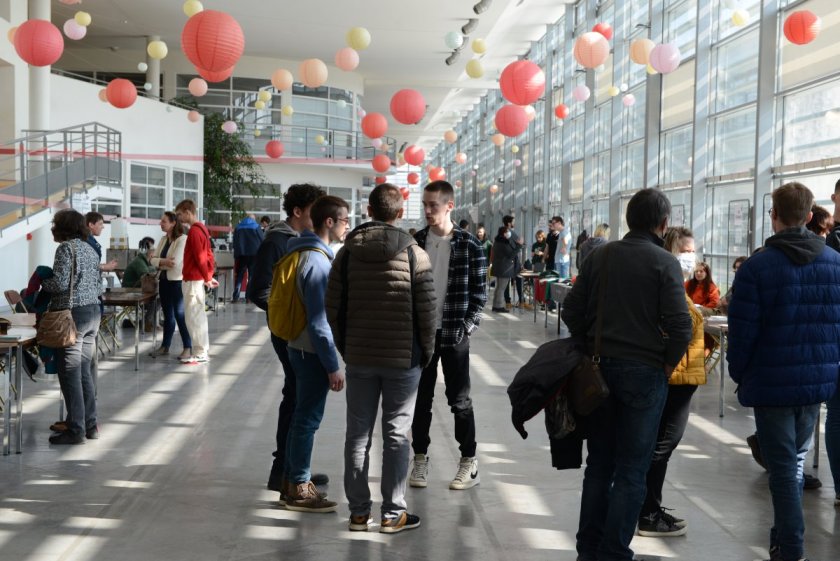SUPMICROTECH is a public-sector higher education and research school that provides multidisciplinary training for engineers, with a particular focus on mechatronic systems and microsystems.
Accredited by the French National Ministry of Higher Education and Research, the degree it awards has been recognised by CTI (Engineering Qualifications Commission) since 1934.

Starting from baccalaureate + 2 years level
SUPMICROTECH-ENSMM recruits its students at baccalaureate + 2 years level and, after three years, awards an engineering degree giving the title of Master’s. It is possible to take a conventional initial training or a continuous training course, or to do an apprenticeship.
The school’s graduates are all-rounder engineers, capable of working in the areas of R&D, design, production or sales.

Ideally situated
SUPMICROTECH-ENSMM is located in Besançon, a region famed on the European scale for its expertise in the area of microtechnologies.
The school is situated at the heart of TEMIS, the Microtechnology and Science Cluster, close to the large Bouloie university campus.
Besançon is a highly academic town, on a human scale where students from very different horizons rub shoulders every day.
A school open to the world
An international mobility lasting at least three months must be completed during the engineering course, taking the form of study semesters, industrial internships or in the framework of a dual degree.
SUPMICROTECH-ENSMM is also a very welcoming place for foreign students.
Its three different engineering degrees are certified EUR-ACE® Master. Find out more
A public-sector school
The cost of teaching for the initial training course corresponds to the university enrolment fees: €610/year (rate for the 2019-20 academic year). The enrolment fees and student social security contributions are waived for grant-holders.
Apprenticeship-based initial training benefits from an exemption regarding the tuition fees.
Open day
An Open Day is held every year in March.
You will be able to come and discover the school’s teaching activities, and its clubs and societies. You will also be able to meet the teaching and administrative staff, and the students.
Partner of businesses
The school’s partnership platform offers companies the resources they need to improve their competitiveness. SMEs can thus entrust concrete industrial projects to SUPMICROTECH-ENSMM’s engineering students and benefit from their expertise, while allowing them to progress in their discipline. All this, with appropriate scientific and technical supervision.
At the heart of the research
SUPMICROTECH-ENSMM’s research activities are essentially carried out at the FEMTO-ST research institute: one of the largest public-sector engineering science laboratories in France.
The SUPMICROTECH-ENSMM teacher-researchers contribute to the research works conducted at the FEMTO-ST institute. Graded A+ by HCERES (High Council for Evaluation of Research and Higher Education), the institute brings together all of the research departments in the areas of mechanics, materials, mechatronics, electronics, acoustics, opto-electronics, energy and time-frequency systems.
A networked school
SUPMICROTECH-ENSMM is a founding member of the POLYMECA national network which groups together the French engineering schools that have shared core activities in engineering and mechanics. These schools have grouped together to offer a broader choice of courses and the possibility of obtaining a dual degree from two establishments.
The following schools are currently members of POLYMECA alongside SUPMICROTECH-ENSMM: ISAE-ENSMA in Poitiers, SUPMÉCA in Paris, ENSTA Bretagne in Brest, ENSCI in Limoges, ENSEIRB-MATMECA in Bordeaux and SeaTech in Toulon.
On the regional level the school plays an active part in organising communities of universities and establishments, with the creation of Polytechnicum Bourgogne-Franche Comté, and more recently of COMUE, thus consolidating the structure of the two regions’ universities and schools.
These groupings make it possible to enhance the training provided, while enriching the multidisciplinary pathways. The goal is also to make all of these new-look regional training courses known internationally.




